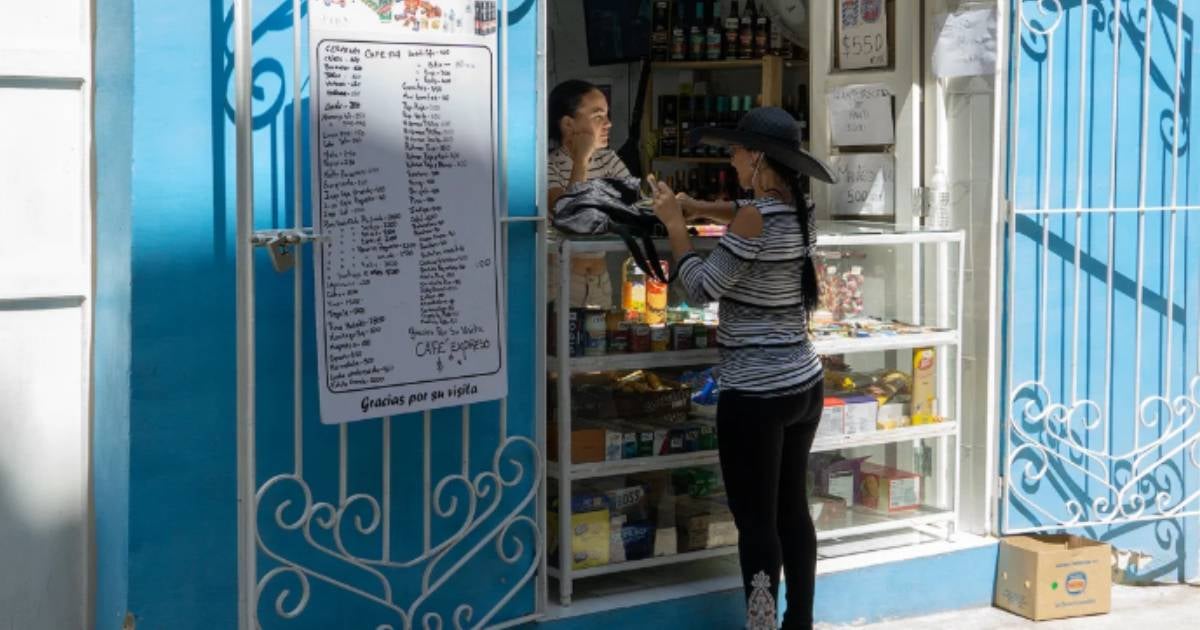The United States government has voiced its concerns regarding the recent regulations introduced by the Cuban government on December 5. Experts and analysts suggest these measures could intensify the ongoing economic and social turmoil on the island.
The new policies primarily target Cuban micro, small, and medium enterprises (MSMEs), revoking wholesale trade licenses and compelling these businesses to partner with state entities to remain operational. Brian A. Nichols, Assistant Secretary of State for Western Hemisphere Affairs, remarked that these regulations "will further exacerbate food insecurity and restrict opportunities for independent entrepreneurs in Cuba."
In his statement shared on X, Nichols highlighted that "Cubans deserve better economic conditions and an environment that fosters private initiative, not restrictions that deepen the crisis."
This measure is part of a series of reforms implemented by the Cuban regime aimed at "organizing" wholesale trade and enhancing market efficiency. However, economists and critics argue that, instead of improving the situation, Resolution 56 from Cuba's Ministry of Domestic Trade further harms the private business fabric, which has been a crucial pillar for retail trade on the island.
Cuban economist Pedro Monreal described the resolution as "a blow to market relations," as it strips MSMEs of their autonomy by forcing them to rely on the state apparatus. According to Monreal, this could lead to product shortages and heighten social tensions, as the Cuban government continues to tighten its grip on the economy amidst a growing lack of consumer goods.
The U.S. government has reiterated that these new restrictions in Cuba, along with other policies that limit private entrepreneurial space, not only hinder the island's economic recovery but also reinforce a centralized and repressive model that has proven ineffective in meeting the population's needs.
Impacts of Cuban Government's Economic Policies
How do the new Cuban regulations affect local businesses?
The new regulations revoke wholesale trade licenses for MSMEs and force them to partner with state entities, limiting their operational autonomy and potentially worsening economic conditions for these businesses.
What are the potential consequences of these policies on Cuba's economy?
Economists warn that the policies could lead to product shortages and increased social tensions by further centralizing economic control and reducing private enterprise opportunities.
Why is the U.S. government concerned about these changes in Cuba?
The U.S. government is concerned that these regulations will worsen food insecurity, limit entrepreneurial prospects, and reinforce a centralized economic model that has historically failed to meet the needs of the Cuban people.
